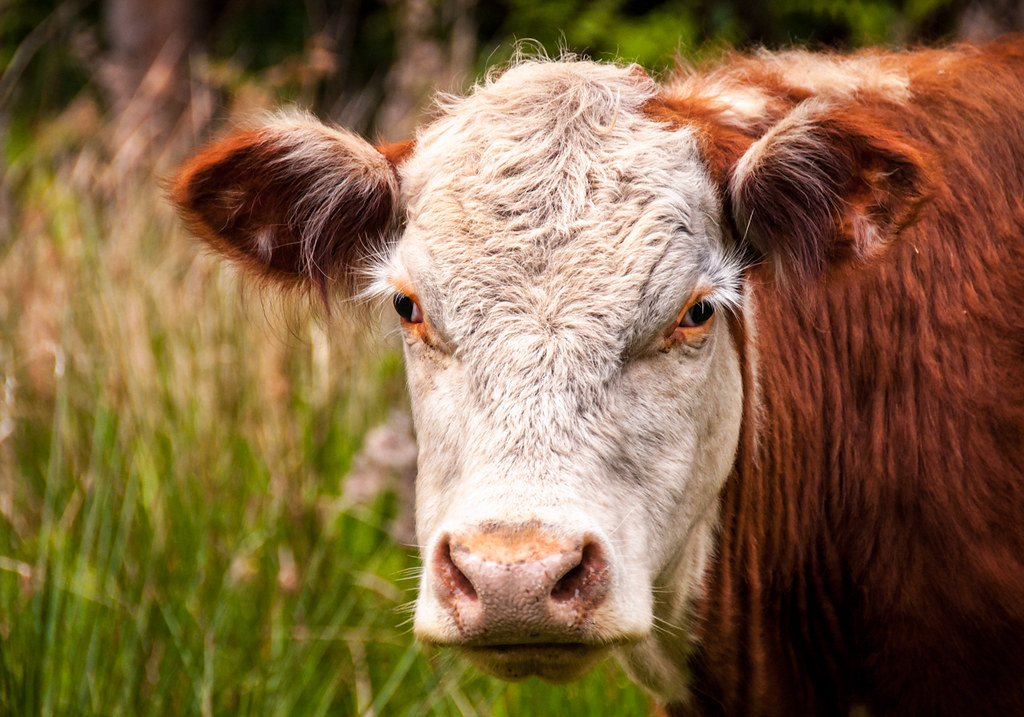

But we were the test case: In Michigan in the 1830s, they had this idea of getting the Indians to sign a treaty and in exchange get put on reservations. We were not removed we weren't like a Trail of Tears tribe. We're today throughout Ontario, northern Michigan, Minnesota, Wisconsin and throughout Canada, so we're one of the biggest tribes. I became an enrolled member when I was in college. Marie Tribe of Chippewa Indians they're in Sault Ste. WGLT: Can you talk about to what extent your own identity factors into how and what you teach?Įpplett: I'm an enrolled member of the Sault Ste. Marie Tribe of Chippewa Indians, spoke with WGLT about the course (one of multiple he teaches), its goals, Native pop culture and more.

We're still making art and it's all around you - you kind of how to learn how to look for it, is the thing."Įpplett, who is also an enrolled member of the Sault Ste.

Most of what you learn about Natives puts us in the past - that's how we're often represented," Epplett said in an interview with WGLT. We're still alive and telling our stories. While still a chance to learn about performance art of various types, Epplett's class is also designed to teach students that Native American art and culture is alive and well - not something relegated to the past. The emphasis on pop culture is intentional. The pitch was successful Epplett has been teaching the course since the spring 2022 semester. It started as an eight-week seminar course that Epplett designed for honors students after finding that students were really engaged with the material and the course itself really popular, Epplett pitched it as a full semester course in the theater department. Shannon Epplett teaches at Illinois State University.


 0 kommentar(er)
0 kommentar(er)
